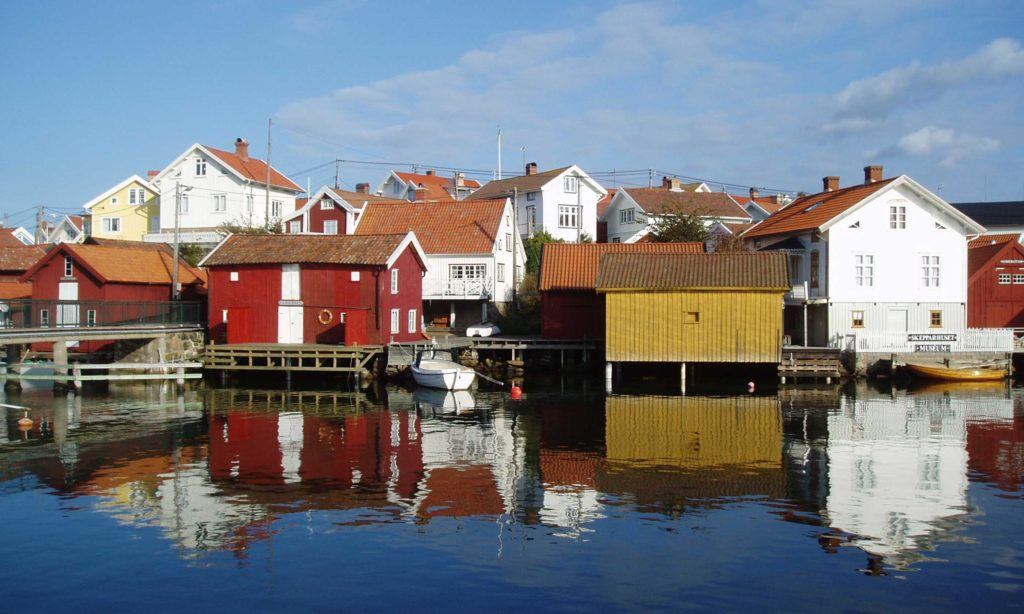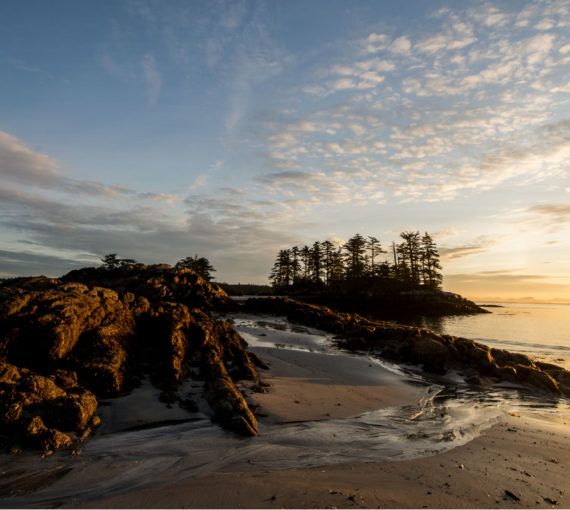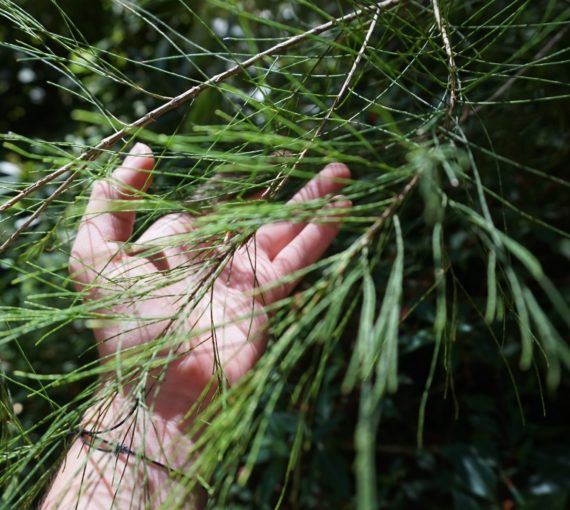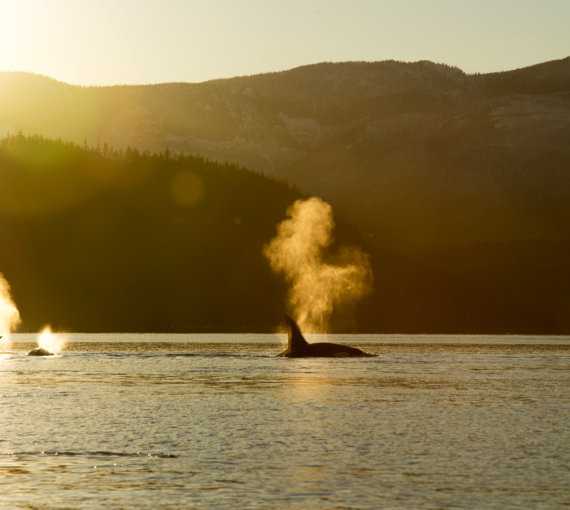In the face of climate change, coastal communities can look to natural assets to better provide core services to their citizens.
Watching waves roll off the shore may soothe the human soul and instil a sense of serenity, but Canadians are actually one perfect storm away from a disaster. From Surrey, B.C., to Amherst, N.S., coastal communities are particularly vulnerable to the impacts of climate change and therefore need innovative solutions that will help secure their infrastructure, ecosystem services and economy.
The Managing Natural Assets to Coastal Resilience Project is a unique opportunity that will help coastal communities find those innovative solutions, and the Municipal Natural Assets Initiative is currently inviting expressions of interest from oceanside municipalities to partner on the project.
Coastal communities are particularly vulnerable to the impacts of climate change and therefore need innovative solutions that will help secure their infrastructure, ecosystem services and economy.
MNAI will team up with two coastal municipalities to help them identify their relevant natural assets (e.g., ecosystem features such as salt marshes, estuaries, rocky shorelines) and understand the value these natural assets provide in protecting their communities from floods, storm surges and coastal erosion. The project will also model a variety of scenarios, such as the effects of climate change on natural assets, or how natural assets will change with land-use intensification and development. The project will incorporate the unique planning processes and management challenges that the municipality is facing, and design scenarios around them. At the end of the project, the coastal municipalities will have data to help them make infrastructure decisions at lower costs and vulnerabilities, while protecting and improving their natural systems.
Historically, governments have not considered natural assets on equal footing as engineered ones, or even included them in their asset-management plans. But, according to the recent Intergovernmental Panel on Climate Change report, extreme sea level events that used to take place once in 100 years are now expected to occur at least once per year in many locations, including in low-lying megacities. At the same time, the population in low-elevation coastal zones worldwide is expected to grow to more than one billion by 2050, increasing the risks even further. Therefore, innovative approaches that combine both natural assets and built infrastructure are becoming increasingly popular around the world.
To date, MNAI has embarked on 11 successful community-level natural asset management projects. This Managing Natural Assets to Coastal Resilience Project is the first test of the framework and model with coastal Canadian communities, and participating communities will be essential in refining the approach for broader application. If you are interested in being a municipal partner, please see more details within the request for Expression of Interest.
Our work
Always grounded in sound evidence, the David Suzuki Foundation empowers people to take action in their communities on the environmental challenges we collectively face.




